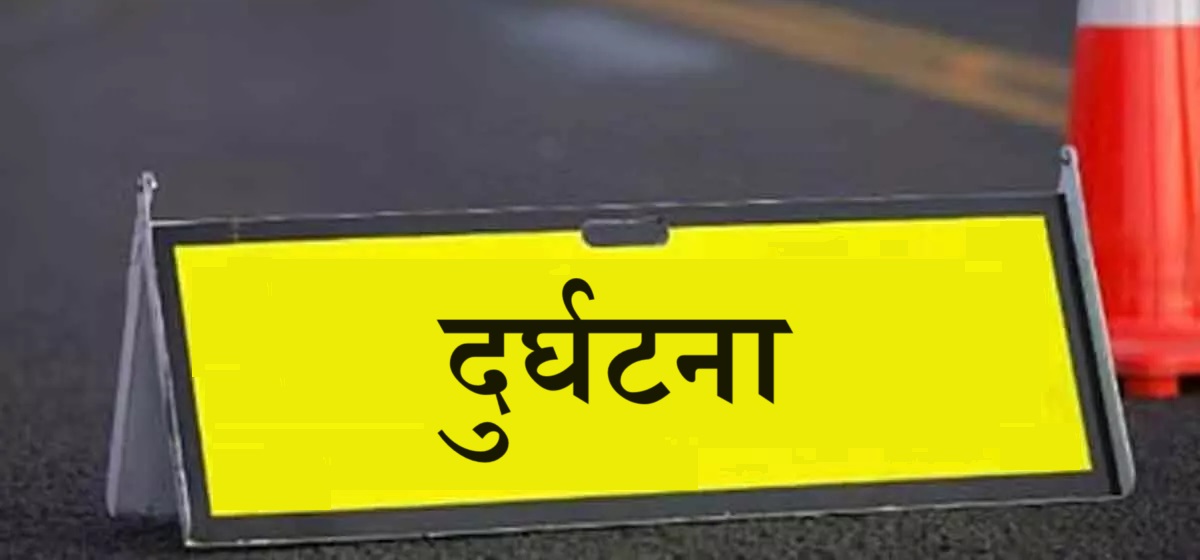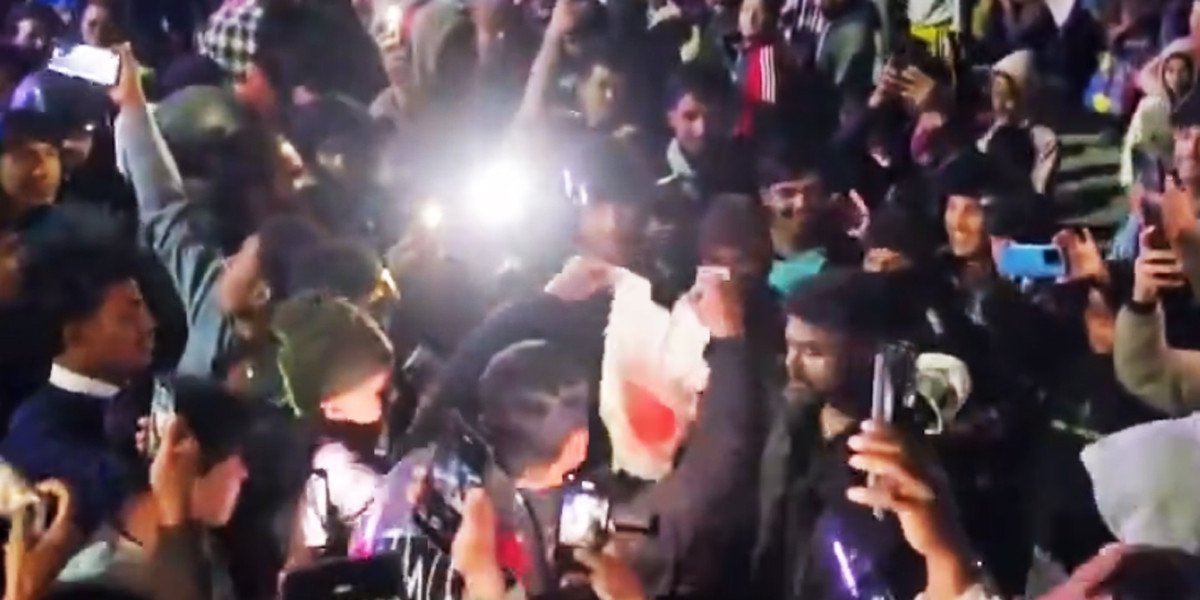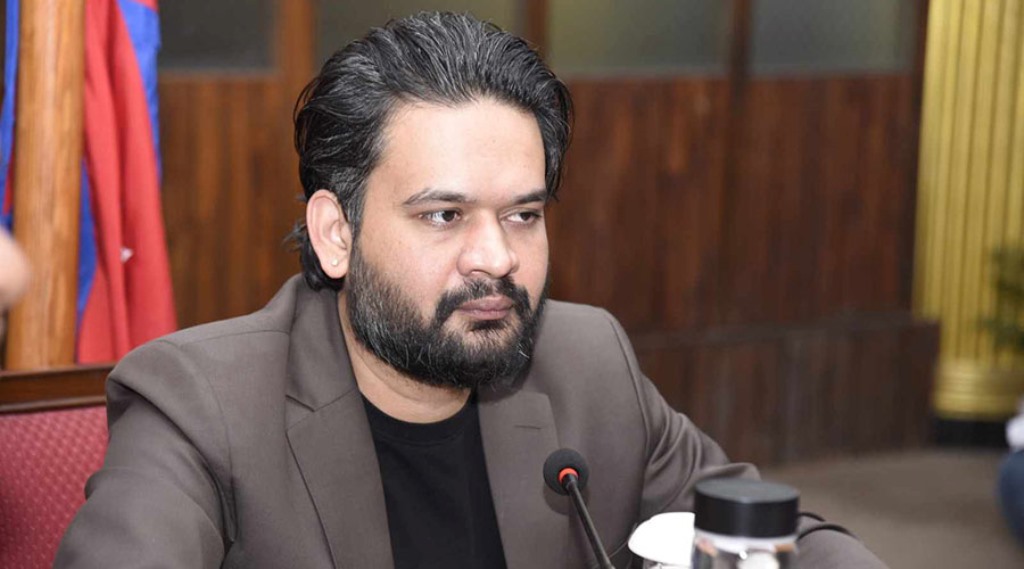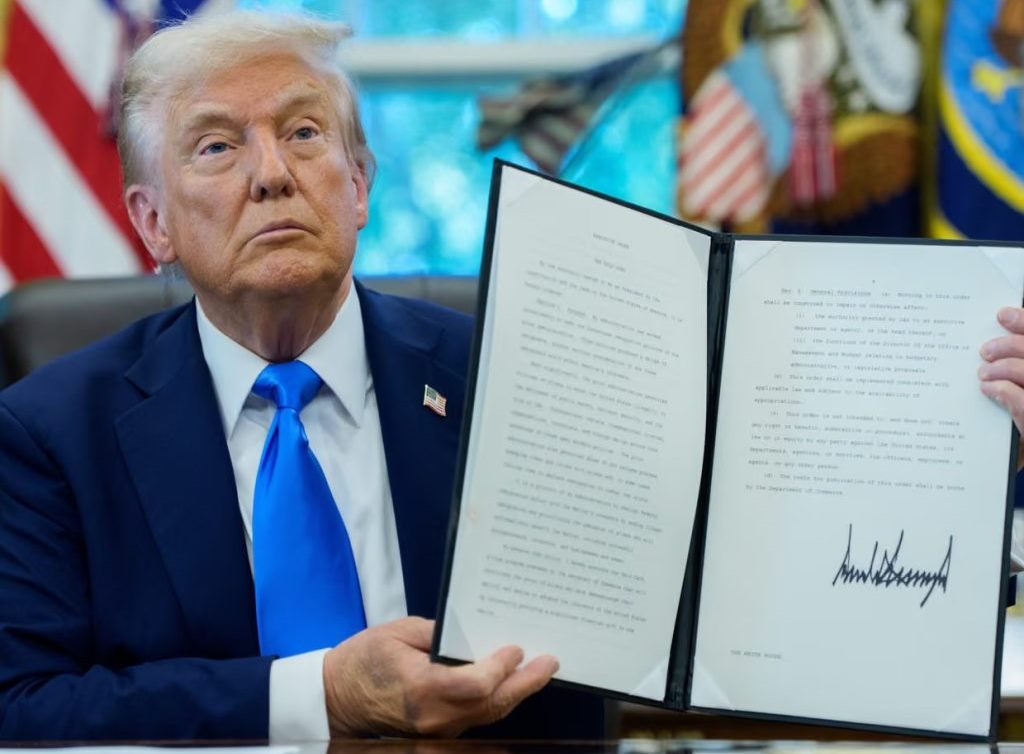Actor Swara Bhaskar has called director Sanjay Leela Bhansali out for the glorification of sati and jauhar in his film, Padmaavat, in an open letter published in The Wire on Saturday.
The Anaarkali of Aarah star, who began the letter by singing Bhansali’s praises for eight whole paragraphs – she even added a video in which she is supporting the filmmaker in his battle against the fringe elements who threatened to disrupt the release of the movie – concluded by suggesting that Padmaavat reduces women to ‘talking vaginas’.
Swara wondered if Bhansali remembers that she worked with him once, in a small role in Guzaarish. But despite her adoration of the filmmaker, she felt it necessary to point out some of the decisions he made in Padmaavat.
She took particular offence to the film’s purported finale, in which Deepika Padukone’s Rani Padmavati commits herself to fire to protect her honour. Here are the points she raised:
Women have the right to live, despite being raped sir.Women have the right to live, despite the death of their husbands, male ‘protectors’, ‘owners’, ‘controllers of their sexuality’.. whatever you understand the men to be.
Women have the right to live — independent of whether men are living or not.
Women have the right to live. Period.
Women are not only walking talking vaginas.
Yes, women have vaginas, but they have more to them as well. So their whole life need not be focused on the vagina, and controlling it, protecting it, maintaining it’s purity. (Maybe in the 13th century that was the case, but in the 21st century we do not need to subscribe to these limiting ideas. We certainly do not need to glorify them. )
It would be nice if the vaginas are respected; but in the unfortunate case that they are not, a woman can continue to live. She need not be punished with death, because another person disrespected her vagina without her consent.
There is life outside the vagina, and so there can be life after rape. (I know I repeat, but this point can never be stressed enough.)
In general there is more to life than the vagina.
Swara wrote that she understands that sati and jauhar are a part of our society, but wondered if that means women – ‘widowed, raped, young, old, pregnant, pre-pubescent’ – have the right to live, because they weren’t treated like human beings with agency in the film. She compared Bhansali’s treatment of the controversial scene in the movie to making a film that glorifies lynchings and honour killings.
She acknowledged that the movie is historical in nature and in Bhansali’s defence, he could just have been representing history in the way that he interpreted it, but Swara countered by saying that Padmaavat’s context is not in the 13th century, but in the present. “The context of your film is India in the 21st century; where five years ago, a girl was gang-raped brutally in the country’s capital inside a moving bus,” she wrote.
She finished by writing that the disclaimer played at the beginning of the film condemning the acts of sati and jauhar meant nothing because it was followed by close to three hours of Rajput worship.
Padmaavat was released after a gruelling battle against members of fringe groups who were protesting the depiction of Rajputs in the film. It has been universally acknowledged that the movie is a tribute to Rajput pride, perhaps even to a fault.







